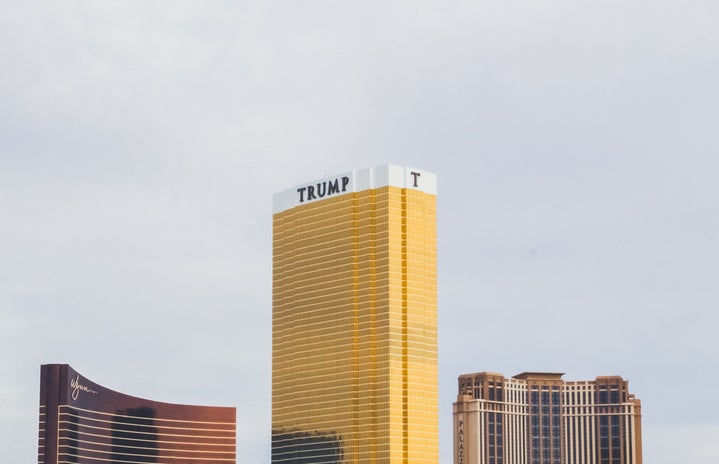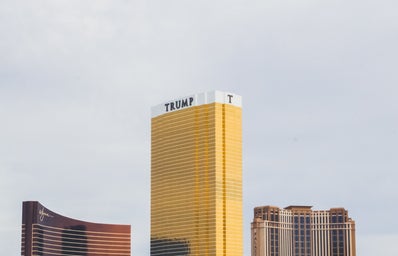“You know what I am? I’m a nationalist, OK?” said President Donald Trump during a Texas rally for Ted Cruz. “I’m a nationalist.”
This disclosure was not shocking to many anti-Trump groups that have used the term to criticize his character, but Trump look the title with pride while discounting “globalists” — which is frequently a term used to dog-whistle at anti-semitism in far-right circles.
“A globalist is a person that wants the globe to do well, frankly, not caring about our country so much,” said Trump.
The friction between globalist and nationalist ideas are rooted in not just their dictionary definitions, but also the cultural associations that come with each. The definition of nationalism generally has to do with a patriotic feeling for one’s country, but the definition has come to include the feeling of superiority over other countries. Globalism is associated with individuals who base their policy principles with consideration for the world as a whole.
Tonight the President said he isn’t a globalist, he is a nationalist.
Globalist is a slur term for Jews. Nationalist is a reference to *gestures* that whole Nazi thing.
You know all those posts about slow slides to fascism? We’re there now.
— Alex Zalben (@azalben) October 23, 2018
While there is no way of knowing Trump’s intention when using these worlds, the historical association that many have with ‘nationalist’ and ‘globalists’ has stirred trouble for Trump. Nationalism has come to be associated directly with alt-right uprisings and white supremacist ideas. Generally, the alt-right has been incredibly supportive of Trump’s administration, and there are concerns that reclaiming nationalist as a positive could fuel alt-right groups even more.
The problem doesn’t end there. Vox cites the anti-Semitic history of the term ‘globalists,’ especially through the Trump-era, as an issue months before Trump’s statement this week. Steve Bannon’s use of the term is especially troubling because of his history with anti-Semitism. During earlier policy disputes, Bannon used the term ‘globalist’ to refer mainly to Jewish antagonists. These discrepancies make since considering that Adolf Hitler’s own regime and Nazi views were largely based on the premise of extreme nationalism.
It’s been speculated that Trump may not have considered that weight behind these words before he said them, but that doesn’t discount their value.
Esquire speculated that the president’s association with nationalism is indicative of his will to win. This means discounting the larger picture in order to do whatever ensures an American win; The loyalty to America matters above everything else. Extreme nationalism is often associated with the rise of fascism, which we fought a world war about a century ago.
When Trump calls himself a nationalist, it brings up decades of destruction and discrimination that many already saw in Trump. His intention was most likely to emphasize his “America first” ideology, but it could mean an admission to an incredibly destructive narrative.


